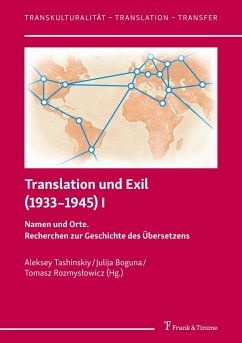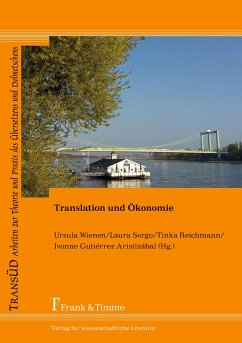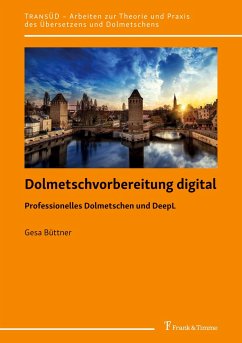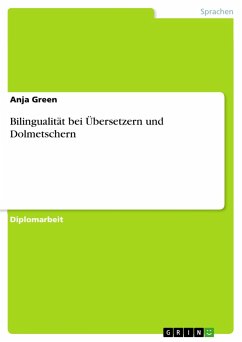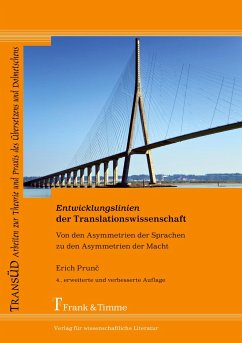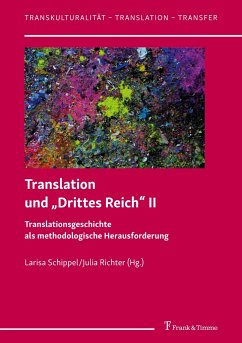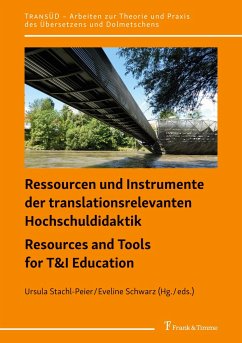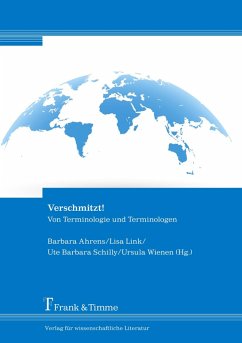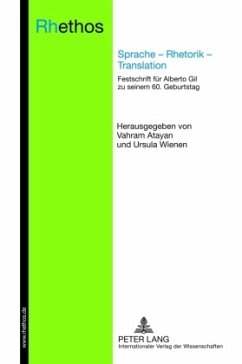
Translation Competence and Language Contrast - A Multi-Method Study
Italian - Russian - German

PAYBACK Punkte
0 °P sammeln!
Experience in translation does not always correlate with the quality of the target text. Also, the evaluations of translation work vary considerably among evaluators. Why not shifting the focus of attention from the final translation to the underlying translation process when assessing translation competence? Iryna Kloster applies a multi-method approach to model the translation competence based on empirical parameters, such as gaze behavior, dictionary use, revisions as well as subjective evaluations of comprehension and translation difficulty. Eye tracking, keystroke logging, screen recordin...
Experience in translation does not always correlate with the quality of the target text. Also, the evaluations of translation work vary considerably among evaluators. Why not shifting the focus of attention from the final translation to the underlying translation process when assessing translation competence? Iryna Kloster applies a multi-method approach to model the translation competence based on empirical parameters, such as gaze behavior, dictionary use, revisions as well as subjective evaluations of comprehension and translation difficulty. Eye tracking, keystroke logging, screen recording and retrospective interviews were applied to collect data in the experimental groups consisting of novice and semi-professional translators. As a consequence, the author suggests using language contrasts for researching translation competence. She draws conclusions based on hypotheses testing, provides justification by triangulating quantitative and qualitative data and discusses the results in the light of empirical translation studies as well.




